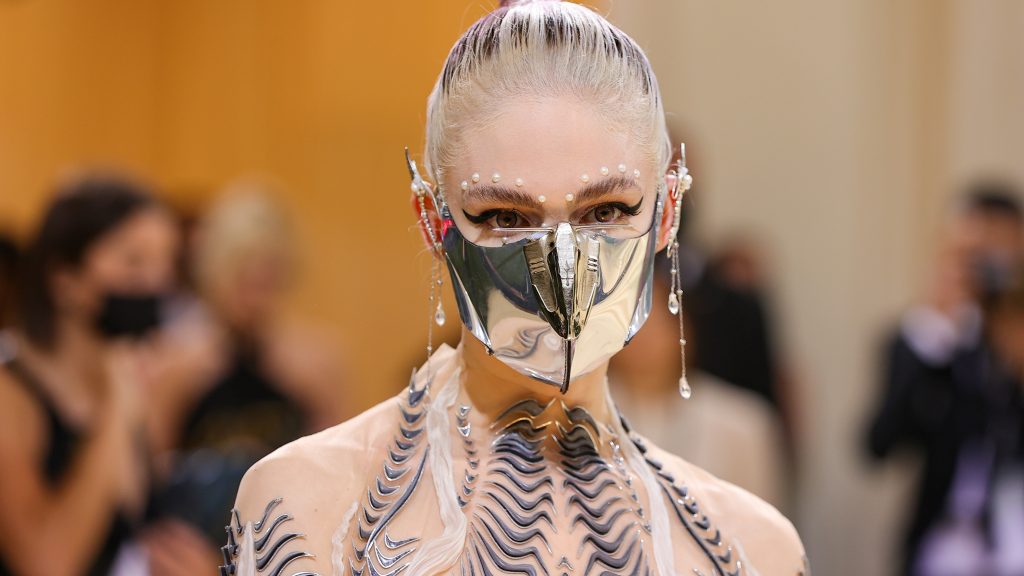
Canadian musician Grimes has offered up her voice to be used in AI-generated music, stating that she will split 50% of the royalties on any successful AI-generated song that uses her voice. This is a bold move in the debate surrounding AI-generated music and its legality. Grimes has expressed her interest in AI replacing humans creatively, and as such, she views this as an opportunity to experiment. Her condition is that songs containing «rly rly toxic lyrics» would be taken down. While AI-generated music raises copyright concerns, Grimes’ decision to remove copyright on her voice for AI music adds to the debate over the legality of AI-generated music.
Debate over artificial intelligence-generated music exploded last week when a fake Drake and Weeknd song titled ‘Heart On My Sleeve’ went viral online before being removed by streaming services. AI-generated music has muddied the copyright waters, with Universal Music Group and other publishers claiming that the process by which AI services collect training data breaches copyright, i.e. the consumption of copyrighted Drake songs. The copyright battle is set to be fought out on streaming services and search engines, putting corporations such as Google in a difficult position.
While some artists may be concerned about their careers, Grimes has sensed an opportunity to capitalise on, or at least experiment with, AI-generated music. Her decision to remove copyright on her voice for AI music is a bold move that adds to the ongoing debate surrounding the legality of AI-generated music. The legality of AI-generated music is not yet clear, but it is likely that legal cases will need to create precedent. In the meantime, artists such as Grimes will look to embrace the prospects of AI while others will look to keep a lid on the disruptive technology.